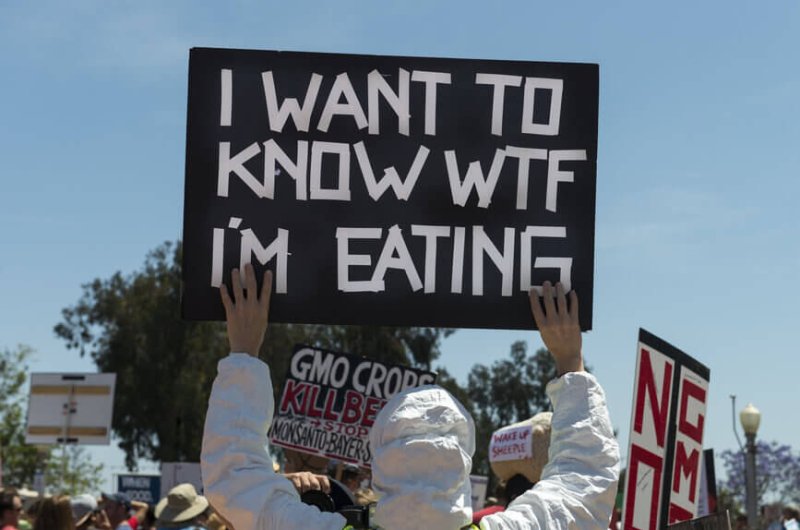CRISPR-Cas9 may genetically modify a crop, but it doesn’t necessarily result in a genetically modified organism, the dreaded GMO. To understand how that can be, we need to understand both genetic modification and federal regulations.
…
CRISPR-Cas9 doesn’t require foreign genes, nor does it necessarily need a bacterium to introduce the system into the target cells. It leaves no trace, and the genome that has been modified is almost identical, biosimilar is the word I would choose, to the original.
…
The USDA has determined that CRISPR-Cas9 techniques when they do not introduce foreign DNA or use a “plant pest” bacteria for insertion do not require their oversight.
…
The response to these regulatory decisions by the anti-GMO forces has been to cry foul. For them, any alteration of DNA is genetic manipulation – it is all about the process. But if that were the case, then crossbreeding and grafting techniques we have used for hundreds of years would also be of concern.
…
Global scientific thought believes that a crop’s safety is based on the end product not the mechanism of mutagenesis.
Read full, original post: CRISPR-Created Foods Are Different Than GMOs. It’s Wrong For Anti-GMO Activists To Pretend They’re Not.































